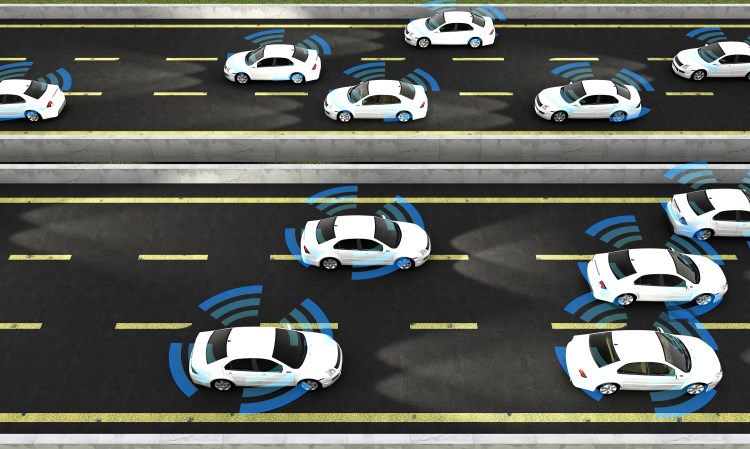Who will be the first to get fully functioning self-driving automobiles on the road and in the market? Google, Apple, Tesla Motors, Ford, GM?
The truth is, it doesn’t matter. Because being first isn’t what’s going to win the race. The race in transportation isn’t about delivering driverless vehicles; it’s about turning transport into a service industry, where consumers no longer own their own cars but rely on car-like services to get from point A to point B.
Perhaps not surprisingly, it’s the established car manufacturing companies like Ford and General Motors that are currently deploying these ideas at real scale. Meanwhile, Silicon Valley is hitting some bumps in the road.
Apple has reportedly laid off workers as it ratchets down efforts on its autonomous car initiative, Project Titan (which, by the way, it won’t even admit is an autonomous car initiative). And Google has yet to launch its own self-driving car service for the general public, despite having been on the case since as far back as 2009.
Tesla, I admit, continues to innovate. But Ford announced that by year end, it will “have the largest test fleet of autonomous vehicles of any automaker,” and it is in the advanced stages of leveraging its existing vehicle manufacturing platforms to produce a fully autonomous car by 2021.
As it turns out, companies like Ford and GM have experience actually building cars, not just preaching disruption.
Ford CEO Mark Fields wasn’t just posing a rhetorical question in 2014 when he asked: “How do we disrupt our industry and our own company before other people do it for us?” Two years later, Ford is well on its way into becoming a personal mobility company.
Why does this matter? At the heart of the Subscription Economy is the idea that sustainable businesses can no longer depend on one-off transactions centered around product sales. They need to provide services and outcomes, wrapped around customer relationships.
Case in point: FordPass, a program that focuses on individual Subscriber IDs (and wrapping services and technology around those IDs) rather than simply shifting vehicle units.
Ken Washington, VP of Research and Advanced Engineering at Ford has already spoken about Ford’s plans for selling autonomous vehicles through a subscription service enabled through FordPass. Future customers of this service (i.e. subscribers) will be able to meet their mobility needs through access to different vehicles on an as-needed basis. Access, not ownership.
Along these same lines, Ford recently announced its Ford Smart Mobility subsidiary’s first acquisition: Chariot, a crowd-sourced shuttle company that offers a “dynamic shuttle” that creates the best route for multiple passengers based on passenger input. And it followed this with the announcement of a new partnership with Motivate (of NYC Citibike fame) to bring 7,000 Ford GoBikes to San Francisco to build out a bike-sharing program.
Right now Silicon Valley is focusing on what it does best — software and operating systems. But it’s Detroit that’s sitting on the vertically integrated manufacturing channels. We’ll find out which is more valuable in the long run, but right now Detroit is snatching up software platforms and building out the future of transportation one valve, map, bike, data connection, and carburetor at a time.
Tien Tzuo is cofounder and CEO of Zuora.


